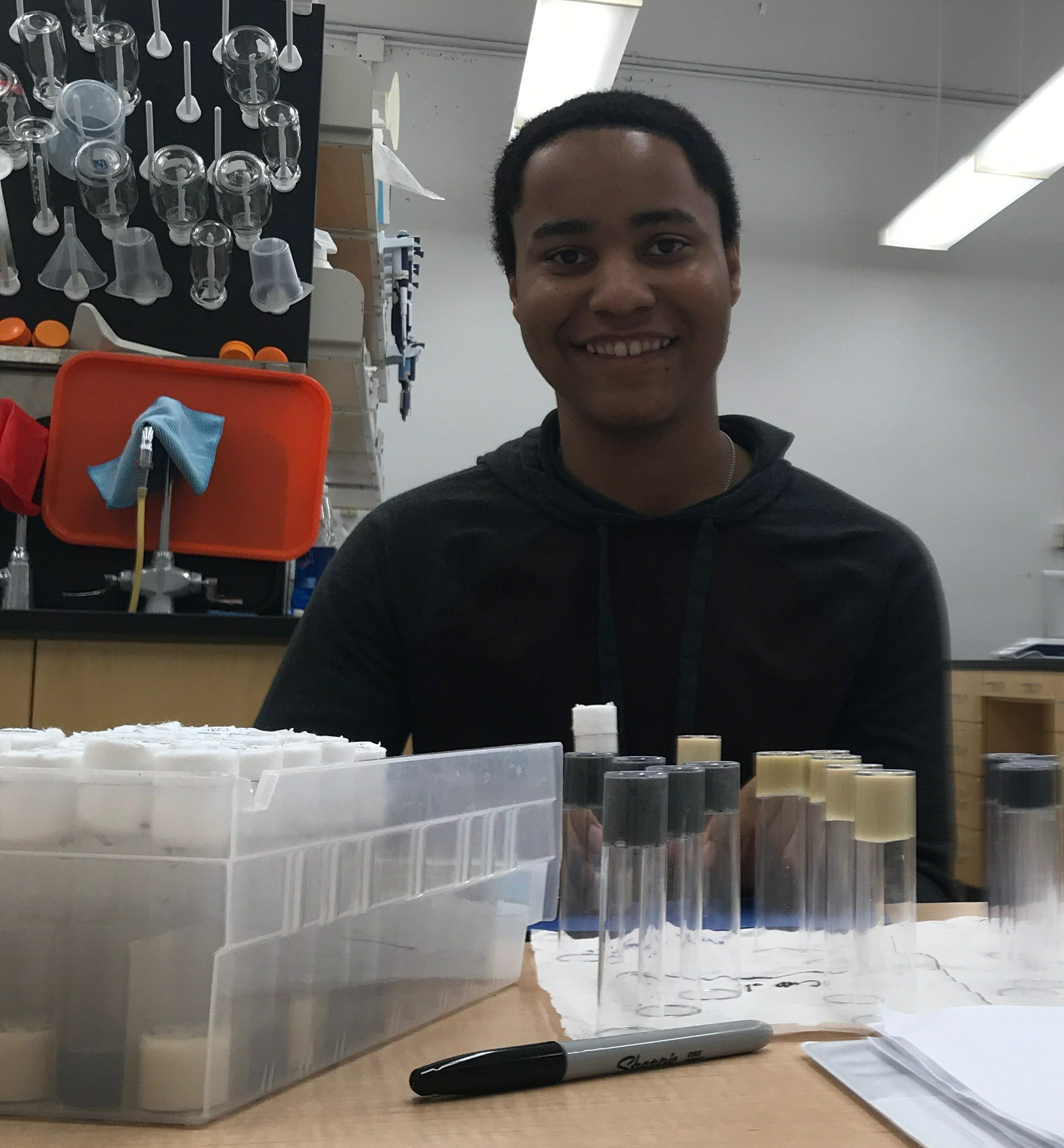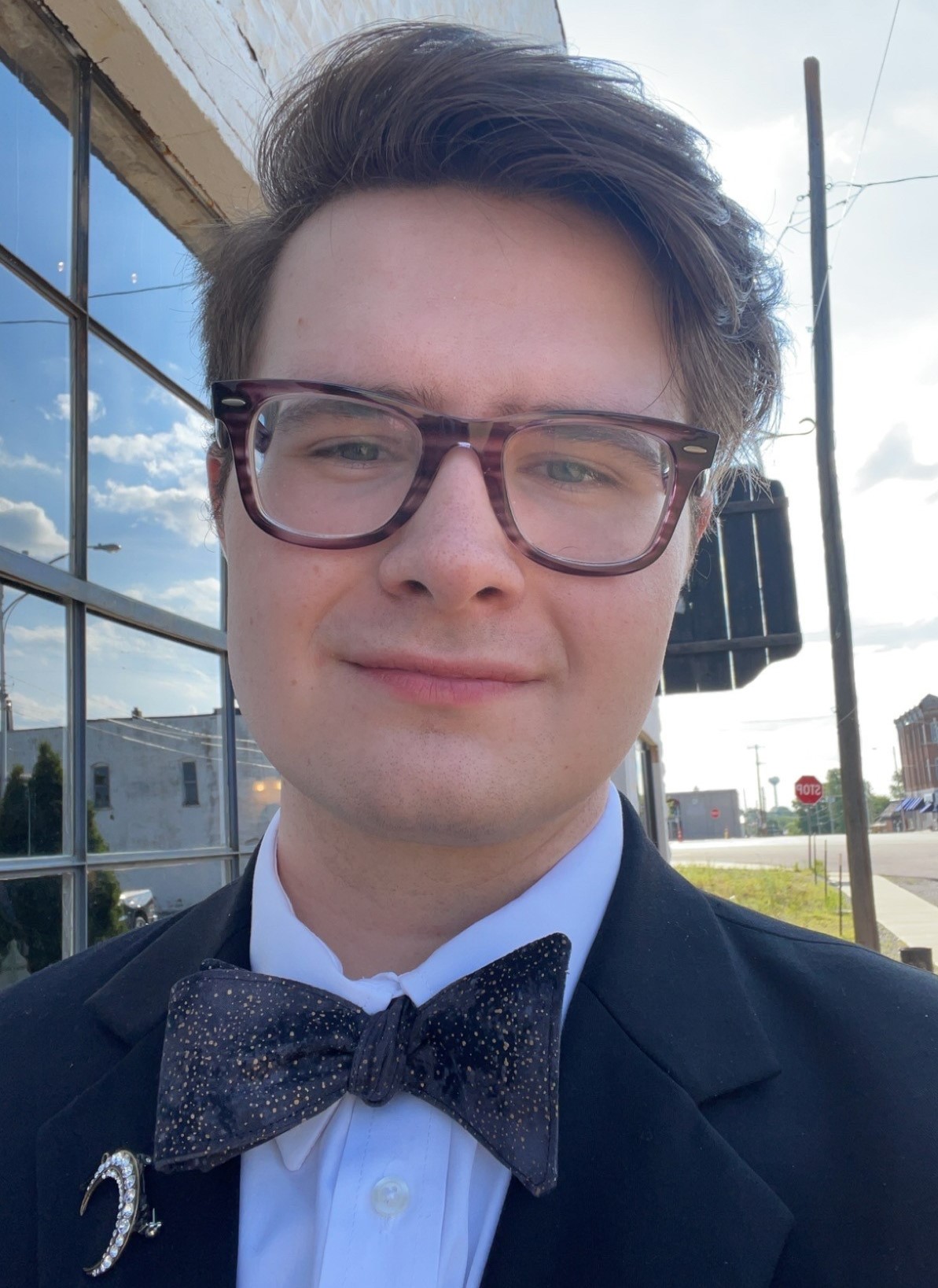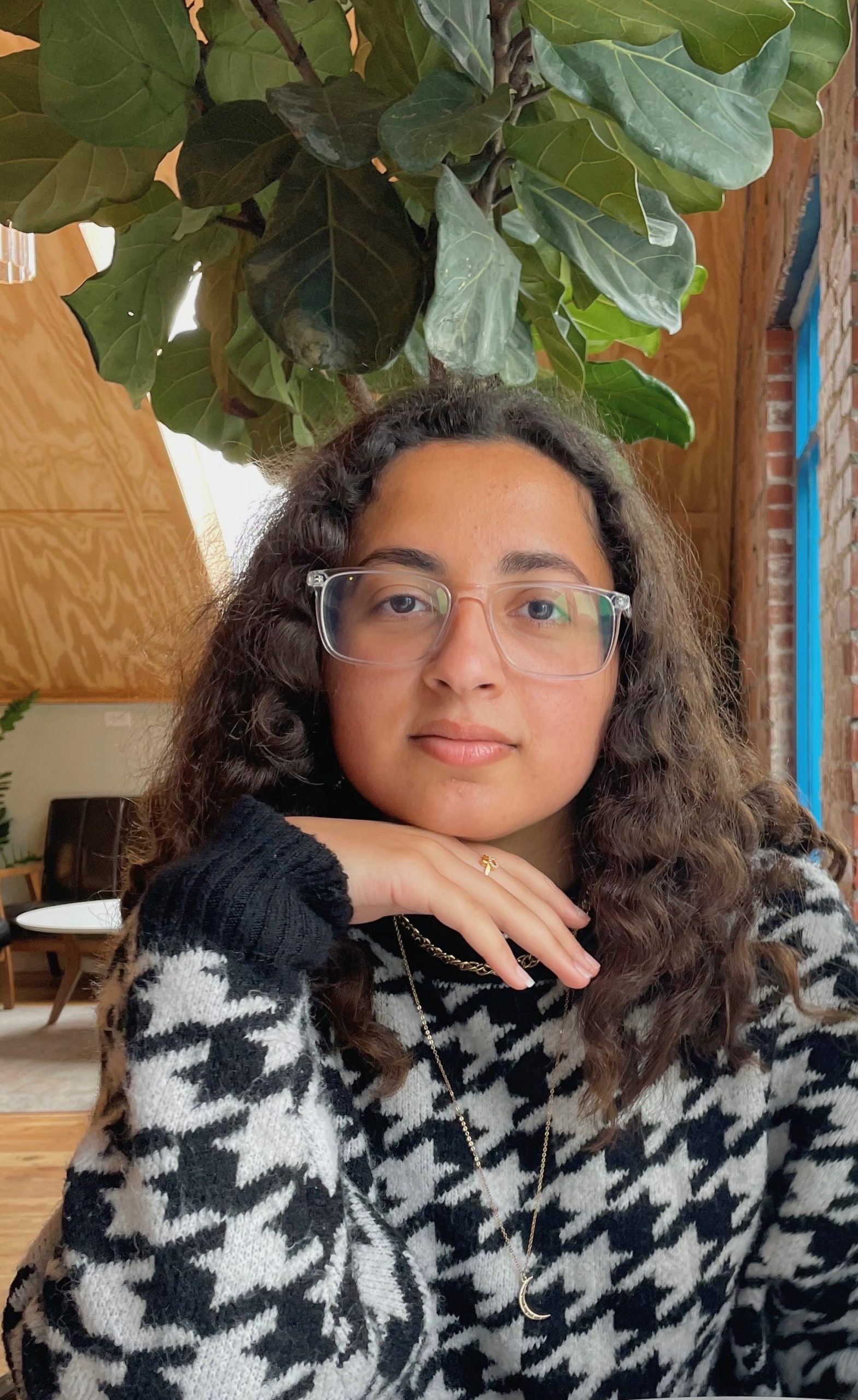The Humanities Sequence is an interdisciplinary, chronologically-structured series of four honors courses that introduces students to the big ideas, questions, and debates of the Western tradition. The series explores works of literature, philosophy, art, history, religion, and music from Homer to Toni Morrison, Plato to Rawls, Praxiteles to Maya Lin, Hildegard of Bingen to Billie Holiday. Although the content of the course is largely within the Western tradition, the series does put emphasis, when appropriate, on how these Western works developed in conversation with works from non-Western cultures.
The Humanities Sequence at the University of Missouri is the College’s longest-running course, engaging students since 1954. The four courses in the Sequence are taught by MU faculty members (many of them recipients of the university’s highest teaching awards) from over eight different departments. Weekly guest lectures are followed by small-group discussions in which students share ideas with their professors and other honors students. Each Humanities Sequence course counts towards fulfilling the Humanities General Education requirements for all Schools and Colleges at the University of Missouri
Epic Destinies, Individual Journeys [GN_HON 2111H]
Exploring the art, literature and philosophy of the Ancient Mediterranean World, this course will take us from the fall of Troy to the flowering of art, poetry and magic throughout the Roman Empire. We’ll encounter tragic heroes, a suffering Job, Socrates, his student Aristotle, and the great Roman poets Virgil and Horace. We’ll descend to the underworld at least twice, discover the origin of the phrase carpe diem and witness the Roman invention of concrete. Along the way, we’ll find ourselves asking not simply what the Ancients believed, or under what circumstances and in what social and historical contexts the works of the Ancient Mediterranean World were composed or performed, but also how they continue to shape and influence our modern world. This is the first course in the long-running Honors Humanities Sequence.
Here Be Monsters [GN_HON 2112H]
Exploring the art, literature, music and philosophy of the Medieval and Renaissance periods, this course opens in North Africa during the late Roman Empire on the threshold between the classical and medieval eras, and it closes in Shakespeare’s London during the English Renaissance. In between, we’ll explore the fens of Beowulf’s Denmark, the battlefields of Roland and Charlemagne, and Hell itself in Dante’s Inferno; meet werewolves and dragons and pilgrims; navigate the intellectual, political, and religious turmoil of medieval Europe; and encounter the glory of Renaissance Italy. This is the second course in the long-running Honors Humanities Sequence.
Reasonable Devils & Dark Visions [GN_HON 2113H]
Exploring the art, literature, music and philosophy of the Early Modern World, this course will take us from the delirious hills of La Mancha in 17th century Spain to a desperate slave ship in the South Pacific in the mid-19th century. Along the way, we’ll ponder our existence in a bread oven in the Netherlands, bathe in a lake of fire in Hell, confront the squalor of 18th century London, explore the perils of home schooling from Switzerland to the Arctic ice, brave Romantic madness in Germany and Russia, and be peered at by New England mermaids. This is the third course in the long-running Honors Humanities Sequence.
Diagnosing the Dark [GN_HON 2114H]
Exploring the art, literature, music and philosophy of the Modern Era, this course will take us from the intellectual and social revolutions of the mid-19th century to the cusp of the 21st century. Along the way, we’ll encounter countries haunted by war and cities haunted by racism and crime. We will witness Modernist revolutions in seeing and making and even glimpse the dawn of the digital age and the first hint of the possibility of artificial intelligence. In the shadow of such events, the traditional themes of the Humanities—the problem of evil, the puzzle of human nature, the challenge of right action, the quest for justice, the mystery of love, our ethical and social responsibilities, and the continual search for a voice and an art adequate to our experience—resonate from work to work throughout our Era. This is the fourth course in the long-running Honors Humanities Sequence.

“I was in your shoes a few years ago, wondering what this class was going to be about and why it had anything to do with mitochondria and being a doctor and all that other STEM stuff. Let me tell you that taking this sequence was probably the highlight of my time in the Honors College.”
Andrew Jones | Biological Sciences
Class of 2021

“The Humanities Sequence not only gives you a more in-depth understanding of poetry, art, music, and prose across human history, but also invites you to see how these arts influence human culture, and vice versa. Most of it will certainly have you looking at yourself and the world in a different light.”
Abby Uphoff | English
Class of 2023

“The Sequence helped me realize my passion, and it led to me changing my degree and career path. Thus, it literally changed my life, and it is a change I am immensely thankful for.”
Brandon Ford | Religious Studies
Class of 2023

“The theories you read in psychology have the same foundations of the philosophy you debate in this sequence and getting an in-depth view of Aristotle and Plato helps in understanding why their names are everywhere. You start to learn how changing a single word can alter the meaning of a phrase, and how some translations intentionally manipulate that. You realize your own word choice when speaking in class and writing papers. The words you say to a patient matter, the way you urge your peers to collaborate matters. Because of the impact the one semester had, I finished the sequence. It felt as if I was sewing separate clothes of information to create a new, open world view. It improved my work in activism, volunteering, tutoring, everything really. It makes you realize the small details in the world that commonly get overlooked can be the most powerful, or most haunting, details.
Noura Alhachami | Psychology
Navigate this class with a child-like sense of curiosity and excitement while staying open to whatever is offered. This, ultimately, is what allows you to see how engaging in humanities makes better doctors, engineers, scientists, anything.”
Class of 2023